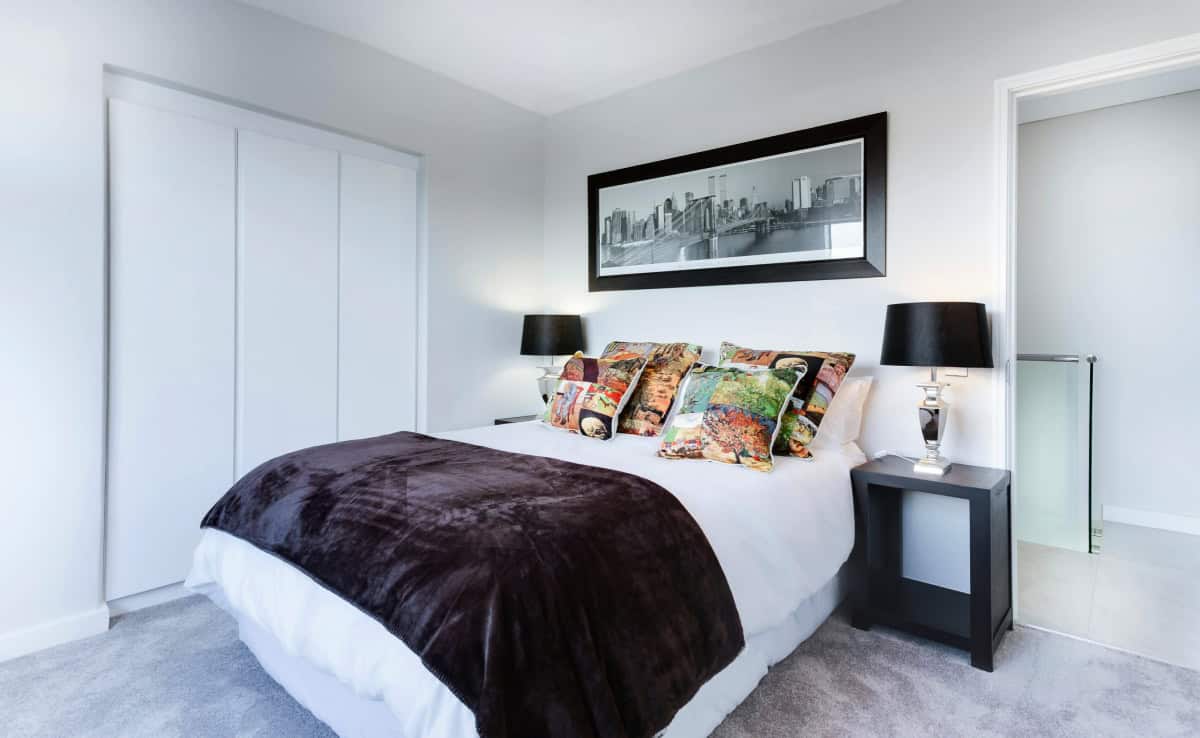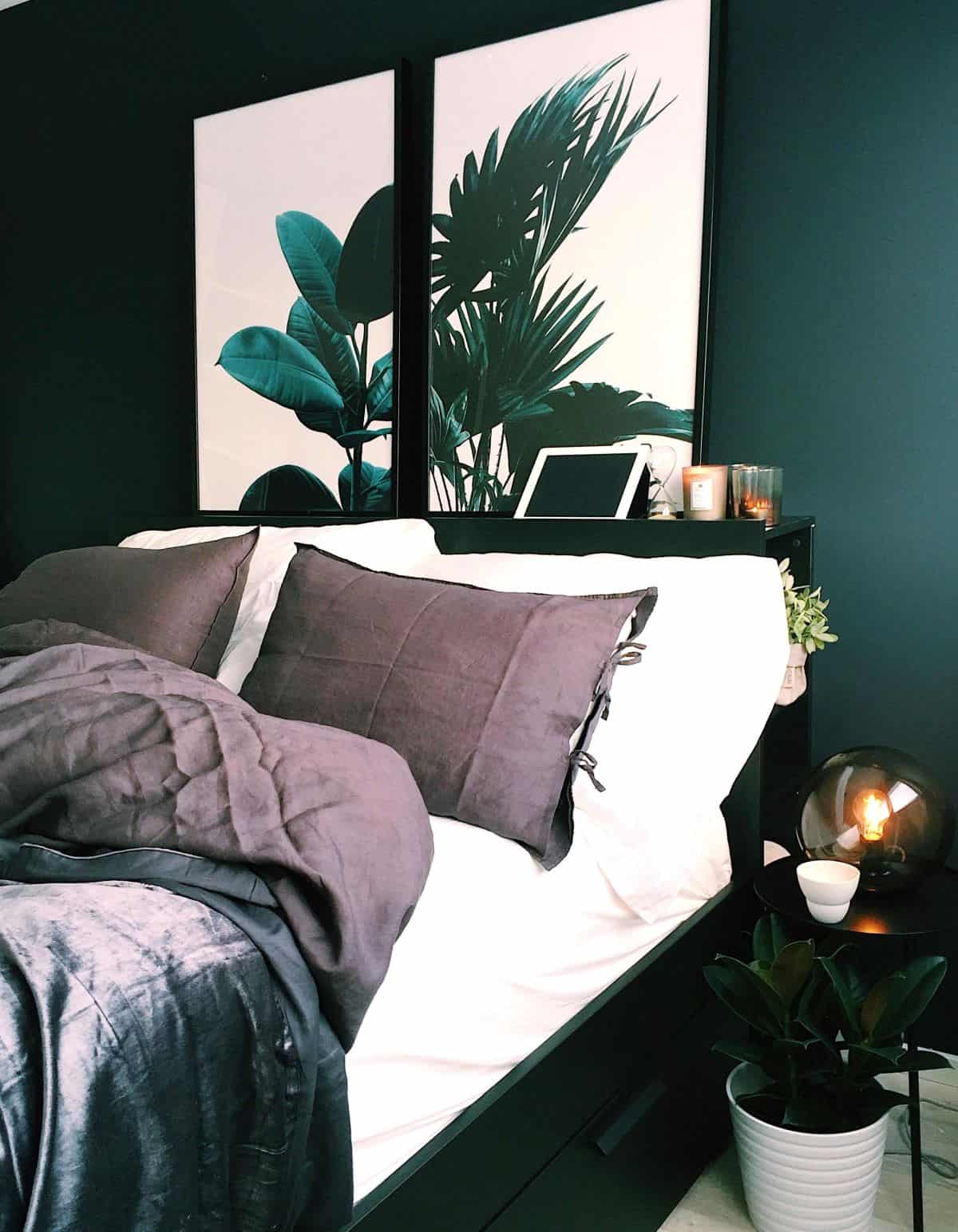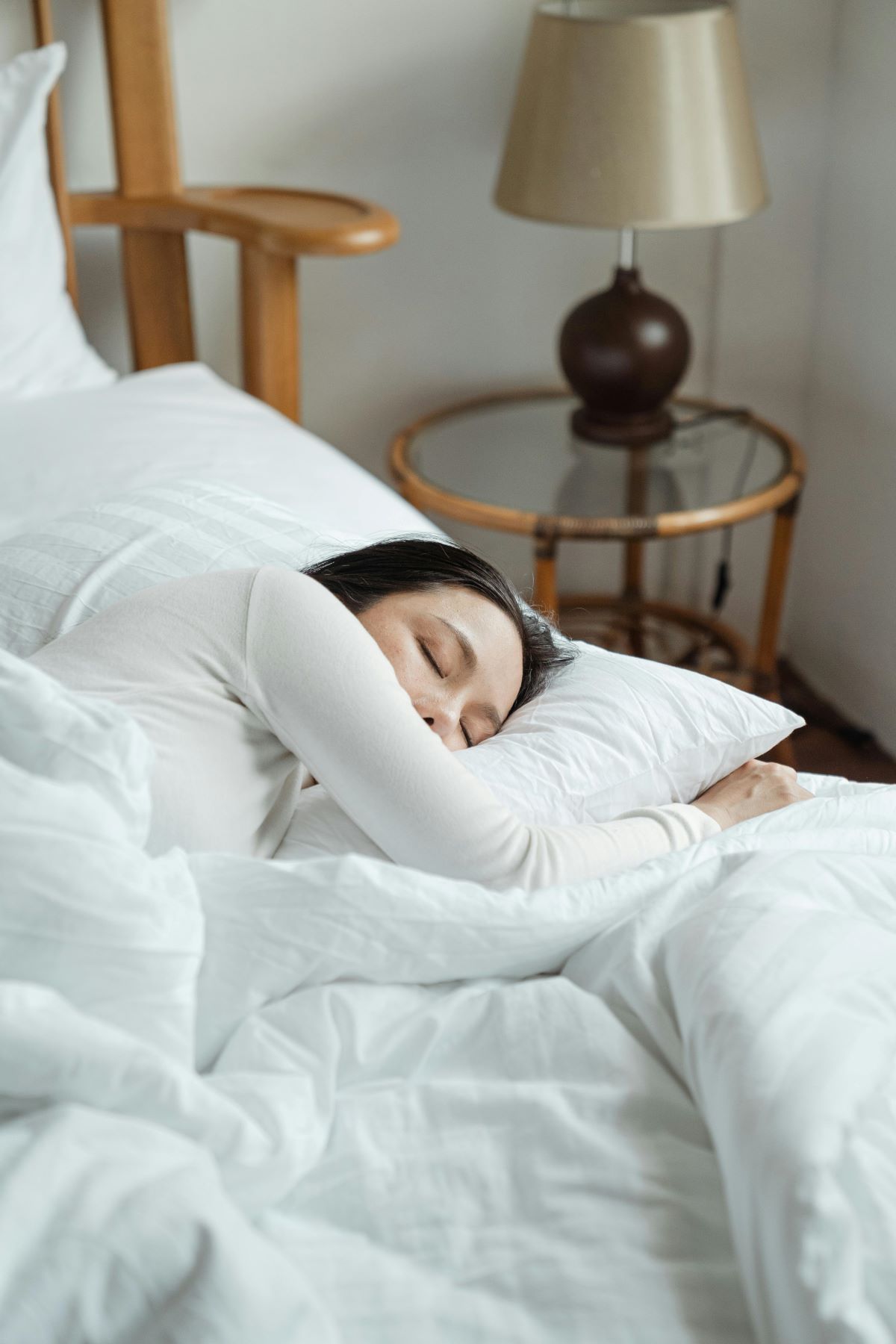Creating a restful environment is key to achieving a good night's rest. A thoughtfully arranged space can promote relaxation and comfort, helping you unwind after a long day. One of the most crucial elements in your sleeping space is the bed. The right accessories and features can transform your sleeping and resting experience while minimizing discomfort.

Tips for a Better Bedroom Setup
Here are some tips to help improve your bedroom setup so you can rest better each night:
Optimize Your Sleeping Environment
A calming atmosphere can greatly influence your ability to relax and drift off to sleep. Start by decluttering the space around your bed. A tidy area can create a sense of peace. Consider the color palette of your room as well.
Soft, neutral tones can evoke feelings of tranquility, while bright colors might be too stimulating. Adding personal touches, like favorite photographs or art, can also contribute to a more inviting ambiance, making it a place where you feel comfortable and at ease.
Choose the Right Mattress
Selecting the ideal mattress is essential for quality rest. Everyone has unique preferences regarding mattress brands, firmness, and support. Some individuals prefer the plush feel of memory foam like in Nectar mattresses, while others might find an innerspring mattress more comfortable.

If you're unsure about purchasing one online, consider visiting the SleePare store near you. There, you can have a nap on a Nectar mattress in a relaxed environment. Sleep can often be elusive in busy cities, so experiencing this brand firsthand can help you find a solution. Set an appointment at the store to explore the latest models and see what works best for you.
Control Room Temperature
The temperature of your space plays a significant role in how well you rest. Ideally, keeping your room cool can lead to deeper, more restful nights. A comfortable temperature helps your body regulate its internal clock, promoting better sleep quality. Experiment with your thermostat to find what feels best for you and add a water-cooled mattress pad that self-regulates all night long. You might also consider using lighter bedding during warmer months and heavier options when it’s cold outside. This way, you can adapt to seasonal changes while maintaining your comfort.
Use Blackout Curtains
Light is a critical factor in achieving restful nights. Ambient light from streetlamps or early morning rays can disturb your slumber. Installing blackout curtains can effectively block out unwanted light, creating a darker, more conducive environment for sleep. Look for curtains made from thick, dense fabrics designed to minimize light infiltration. This simple adjustment can improve your rest and help you wake up feeling refreshed and revitalized.
Limit Noise Distractions
Noise can be a significant barrier to restful nights. Common disturbances, such as traffic, neighbors, or even a snoring partner, can interrupt your sleep cycle. To combat these distractions, consider using earplugs or a white noise machine to create a more peaceful environment.
White noise can mask sudden sounds, helping you stay asleep longer. If you prefer a more natural solution, soft music or nature sounds can also promote relaxation and drown out bothersome noises, allowing for deeper, uninterrupted slumber.
Invest in Quality Bedding
Your bedding is just as important as your mattress when it comes to comfort. High-quality sheets and pillows contribute significantly to a restful night. Look for breathable materials like cotton or linen, which help regulate temperature and wick away moisture.

Pillows should support your neck and align your spine; choose a firmness that complements your sleeping position. Investing in good bedding not only improves comfort but also adds to the overall aesthetic of your space, creating a more inviting atmosphere.
Create a Schedule
Establishing a consistent schedule is vital for maintaining healthy sleep patterns. Going to bed and waking up at the same time every day helps regulate your body's internal clock. This routine signals your brain when it’s time to wind down and when to wake up.
Consider setting aside time for a calming bedtime routine, such as reading or gentle stretching, to signal to your body that it's time to relax. Creating this predictable rhythm makes it easier to fall asleep and wake up feeling refreshed.
Limit Screen Time Before Bed
In today’s digital age, screens can interfere with our ability to unwind. The blue light emitted by phones, tablets, and computers can disrupt melatonin production, the hormone responsible for regulating sleep. Aim to disconnect from devices at least an hour before bedtime. Instead, engage in relaxing activities like reading a book or listening to soothing music. This break from screens improves your sleep quality and gives your mind a chance to relax and prepare for the night ahead.
Personalize Your Bedroom Space
Making your sleeping area personal can create a more inviting and comfortable environment. Adding elements that reflect your personality, such as decorative pillows, art, or calming scents, can improve your experience. Plants can also add a touch of nature and improve air quality. Consider incorporating items that bring you joy and relaxation, transforming your space into a sanctuary where you feel at ease. This personalization fosters a sense of comfort that can positively influence your overall sleep quality.
Incorporate Relaxation Techniques
Incorporating relaxation techniques into your nightly routine can significantly improve your ability to unwind. Practices such as deep breathing, meditation, or gentle yoga can help calm your mind and body, preparing you for sleep. Spend a few minutes each evening focusing on your breath or practicing mindfulness. Apps that guide you through meditation can be particularly useful. This time for relaxation promotes a peaceful transition to sleep and reduces stress and anxiety that can linger from your day.
Maintain a Healthy Lifestyle
Your overall lifestyle choices play a crucial role in how well you sleep. Regular physical activity can help you fall asleep faster and enjoy deeper rest. Aim to incorporate at least 30 minutes of moderate exercise most days, but avoid intense workouts close to bedtime, as they can be too stimulating.
Additionally, pay attention to your diet. Avoid large meals, caffeine, and alcohol in the hours leading up to bedtime, as they can disrupt your ability to fall asleep. Prioritizing a healthy lifestyle supports better sleep and improves your overall well-being.
Creating a restful environment is essential for better sleep quality. By thoughtfully selecting your mattress, optimizing your space, and establishing a calming routine, you can significantly improve your nightly rest. Implementing these tips will help you craft an inviting area that promotes relaxation and rejuvenation.




